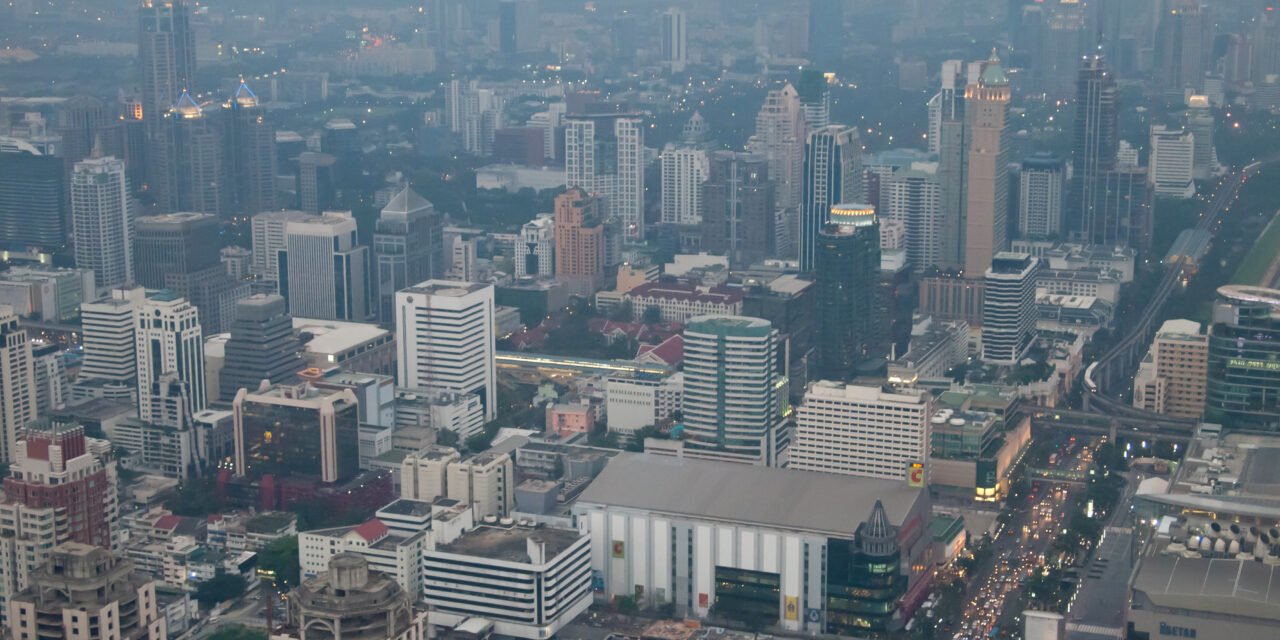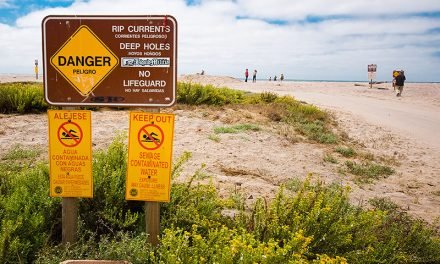Thai authorities issued a stark warning as air pollution in Bangkok and its surrounding regions reached hazardous levels on Thursday. With air quality plummeting due to a combination of factors including crop-related burning, industrial emissions, and heavy traffic, authorities have taken immediate steps to mitigate the crisis.
Prime Minister Srettha Thavisin addressed reporters, attributing the spike in pollution primarily to crop burning while acknowledging that vehicular emissions accounted for a significant portion. “Around a quarter of the pollution stems from vehicles, a factor within our control,” remarked Thavisin.
According to data from Swiss air quality tracking website IQAir, the concentration of fine inhalable particles in Bangkok soared to levels 15 times higher than the recommended threshold set by the World Health Organization. This alarming revelation catapulted Bangkok to the unenviable position of being the world’s 8th most polluted city on Thursday.
Residents of Bangkok voiced their concerns, describing the pervasive smog that engulfed the skyline. Kornpong Poprakun, a motorcycle taxi driver, lamented the discomfort caused by the pollution. “It’s getting worse because there’s too much smoke haze,” he said. “I feel itchy eyes because there’s a lot of dust, and breathing isn’t easy.”
In response to the escalating crisis, Bangkok Governor Chadchart Sittipunt implemented measures to reduce traffic-related pollution. Government employees in the capital were instructed to work from home for the next two days, with Governor Sittipunt urging others to follow suit. He emphasized that certain areas of the city were experiencing dangerously high pollution levels, necessitating immediate action.
Efforts to combat pollution extend beyond short-term measures, as the government explores long-term solutions. Subsidies have been offered to farmers to discourage burning practices, and incentives for electric vehicles have been proposed. Additionally, Thai lawmakers are deliberating a comprehensive clean air act aimed at addressing pollution across various sectors, including transport, business, and agriculture.
Prime Minister Thavisin stressed the importance of transitioning towards cleaner transportation options. He advocated for restrictions on vehicles powered by fossil fuels in the capital and emphasized the significance of the country’s electric vehicle policy in combating pollution in the long run.
As Bangkok grapples with one of its most severe pollution crises to date, concerted efforts from both the government and the public are imperative to safeguarding public health and mitigating environmental damage.

Nature has always been my thing since I was a kid. I grew up surrounded by it, and it made me care deeply about keeping it safe. After studying Environmental Science and Journalism, I set out to uncover the big stories about what’s happening to our environment.










